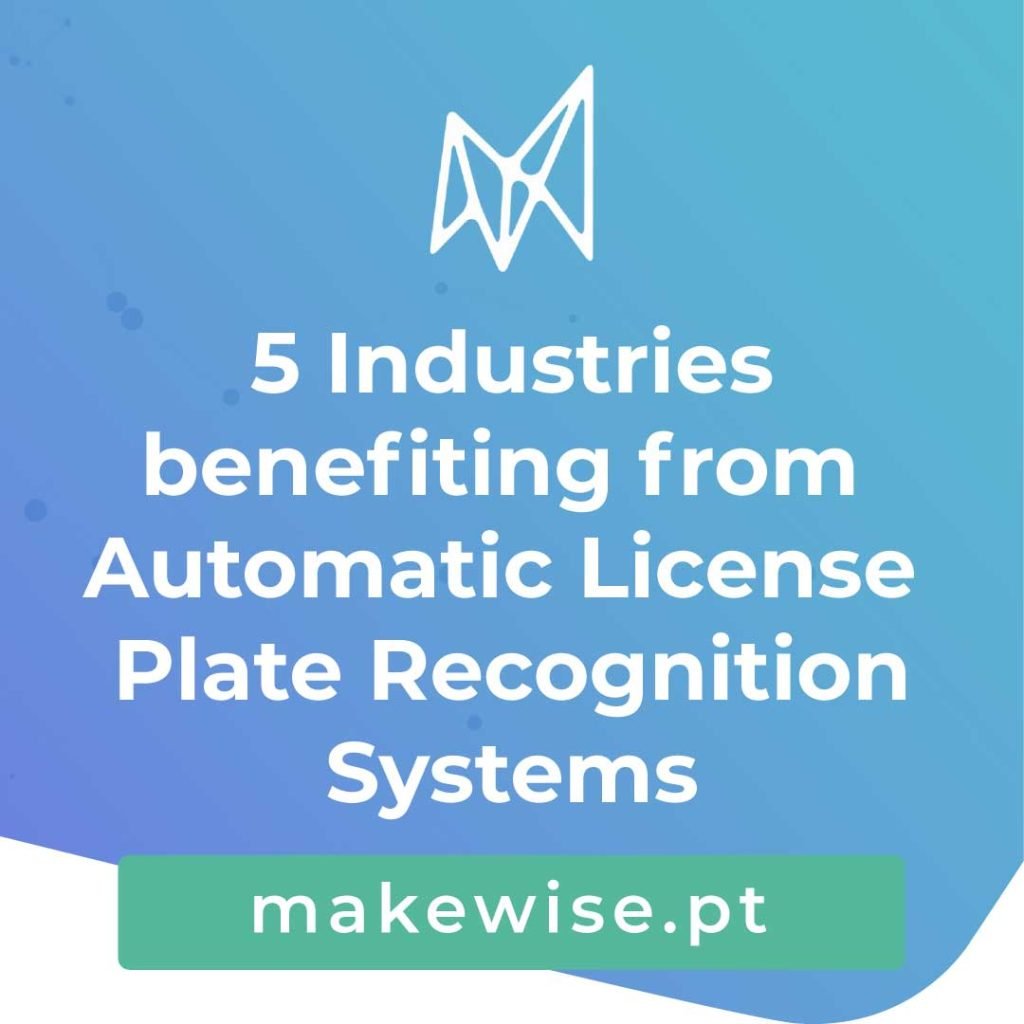In today’s fast-paced world, industries are continually seeking innovative solutions to enhance security, streamline operations, and improve customer service. Automatic License Plate Recognition (ALPR) systems have emerged as a transformative technology, offering real-time vehicle identification and data analysis capabilities. By automating the process of capturing and interpreting license plate information, ALPR systems provide significant advantages across various sectors. In this article, We’ll explore the five industries that benefit from automatic License Plate Recognition Systems.
What is automatic License Plate Recognition?
Automatic License Plate Recognition (ALPR), also known as Automatic Number Plate Recognition (ANPR), is a technology that utilizes optical character recognition to read vehicle registration plates. It involves capturing images of vehicles, detecting the license plate, and extracting the alphanumeric characters for further processing. This technology combines computer vision, image processing, and machine learning to accurately identify vehicles, even in challenging conditions such as low light or high speeds. ALPR systems are widely used for purposes ranging from law enforcement to traffic management, offering a robust solution for automated vehicle identification.
Which industries benefit from automatic License Plate Recognition systems?







- Law Enforcement: ALPR technology has become indispensable for law enforcement agencies. It aids in tracking stolen vehicles, identifying vehicles associated with criminal activities, and enhancing overall public safety. By automating the capture and analysis of vehicle data, ALPR systems improve response times and assist in crime prevention and resolution.
- Military: In military settings, ALPR systems are vital for base security and access control. They ensure that only authorized vehicles enter sensitive areas, thereby maintaining the security of facilities and protecting against potential threats. Additionally, ALPR contributes to military logistics by tracking the movement of vehicles within and between bases, ensuring that personnel, supplies, and equipment are precisely where they need to be.
- Campus security: Educational institutions utilize ALPR systems to monitor and control vehicle access on campus. This enhances the safety of students and staff by ensuring that only authorized vehicles can enter certain areas. During large events, ALPR assists in managing increased vehicle traffic, improving security measures, and facilitating efficient traffic flow.
- Business operations: Businesses across various industries adopt ALPR technology to streamline operations. For example, rental car companies use ALPR to track their fleets, minimizing downtime by quickly cycling vehicles through maintenance and cleaning processes. Logistics companies implement ALPR to process vehicles swiftly through gates and checkpoints, reducing wait times and increasing the efficiency of loading and unloading operations.
- Customer service: ALPR systems enhance customer service by personalizing experiences and improving efficiency. Drive-thru restaurants, for instance, can recognize returning customers and offer customized menus based on previous orders, thereby reducing wait times and increasing customer satisfaction. Hotels and casinos use ALPR to trigger instant alerts when vehicles of preferred guests arrive, allowing staff to provide timely and personalized services.
Automatic License Plate Recognition systems have proven to be invaluable across multiple industries, offering enhanced security, streamlined operations, and improved customer service. As technology continues to evolve, the adoption and integration of ALPR systems like PLATE.VISION by MakeWise are set to become even more widespread, driving innovation and efficiency in various sectors.
PLATE.VISION by MakeWise
PLATE.VISION is a real-time vehicle identification software capable of recognizing license plates, vehicle identification numbers, brands, colors, and more. It is designed for various critical scenarios, including fuel filling stations, road tolls, and car parks. The system offers robust performance with real-time processing, compatibility across multiple platforms such as server, desktop, cloud, and mobile environments, and enhances security and operational efficiency in its applications.

